You often wonder which coconut oil will be better for you. Is it better to choose unrefined or refined coconut oil? Fortunately, the choice is not difficult and everything will be clear to you in a moment. By the way, I will tell you what the differences between individual coconut oils on the market are. Even those sold under the same name. But at a much different price. The price difference is often up to 300%!
Watch the video: How to choose coconut oil?
Unrefined coconut oil - extra virgin
It all starts in the Philippines with a freshly cut and low-temperature dried coconut. Only the raw material prepared in this way makes sense to cold-press at a low temperature. Reducing the time from cutting a fresh coconut from a palm tree to pressing the oil cold, allows us to get the best out of the coconut, along with its delicate taste and smell. It is by far the most valuable version of coconut oil, characterized by a high content of lauric acid. In my opinion, this is the only way unrefined oil should be produced and this version is the only one that deserves this name (unrefined, extra virgin).
However, the reality is often different ... Copra pressed oil is also sold under this name. Kopra are coconuts that are cut and folded into such a heap - something like coal :) And then they dry themselves in the sun or are often smoke-dried (there is a fire under them). The temperature is much higher there, so I do not recommend this version and it does not deserve the name extra virgin in my opinion.
However, there is an even worse version ... It is coconut oil pressed from coconut shavings. It is quite a common practice in Poland and Europe. I don't know why no one is surprised when he hears about Polish coke oil. It sounds as funny to me as Polish olive oil. Oil should be pressed where olives grow. Just like coconut oil, it should be produced where coconuts grow! Coming back to the topic of coconut oil pressed from the shavings, the problem is that the coconut shreds are dried at about 120 degrees. If the raw material for the production of oil is dried at such a temperature, why press it cold and then call it unrefined?

The use of unrefined coconut oil
The extra virgin coconut oil available from us has countless culinary uses:
- It can be eaten with a spoon alone
- Add to bulletproof coffee due to its high content of medium chain acids (MCTs)
- Use for sweet pastries (adds it to banana bread instead of butter, gives a great flavor)
- As well as fry oriental Asian dishes.
Unrefined coconut oil is also the best choice for cosmetic purposes. It works great as a hair conditioner and body lotion (e.g. after sunbathing). It is also very often used as an additive to home antiperspirants.
I also have very good information for all lovers and owners of dogs, cats and horses. Unrefined coconut oil is an excellent natural tick protection agent.
Refined coke oil - odorless - clean
Unscented coconut oil is made from copra, i.e. coconuts dried by smoke over palm leaves or in the sun. Therefore, it is much cheaper than unrefined coconut oil.
If we use it for frying, it makes no difference to us. After all, the temperature is even higher there. The advantage of refined coconut oil is that it does not smell and taste like coconut and has a higher smoke point. Thanks to this, the oil is more universal and can be used wherever we want the taste of the dish to remain unchanged. For example, I always use it for frying Belgian fries :)

How is refined coconut oil made?
An exemplary refined coke oil should be produced like this:
- Kopra is pressed at a temperature of about 90 degrees under high pressure
- The next step is distillation to get rid of the coconut smell and taste
- At the very end, the oil is filtered
However, this method is not efficient for some and they are still trying to use the oil left in the pomace after this process. This is known as chemical refining. Quite strong solvents are used to get virtually all the remaining oil. This method significantly increases production efficiency. Therefore, chemically refined coconut oil is much cheaper.
Organic or conventional coconut oil?
My favorite use of coconut mousse is sweet cake topping. Prepare your favorite pancakes, pancakes, omelette or other pies. Put a couple of tablespoons of the mousse on and wait a minute. The coconut mousse will melt from the temperature of the cakes and after a while it will melt beautifully into the cakes. This is my favorite use of coconut mousse.
Organic or conventional coconut oil?
The next step is to choose between BIO (organic) oil and a conventional product. The difference in price in the case of coconut oils is small (about 10-20%), so I encourage you to choose certified organic products.
Unrefined coconut oil can be used by raw foodists, and both can be used by vegans.
Hope you already know which oil is best for you. I follow a simple rule, as long as the taste and smell of coconut do not conflict with my dish, I always use unrefined oil :)
Check out our coconut oils!
If you have any proven recipes with coconut oil, this is the perfect opportunity to share them :))

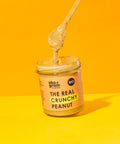
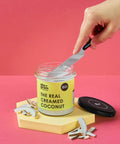


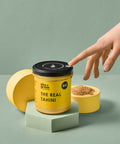



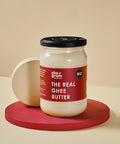

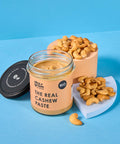
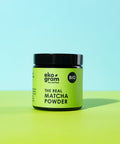
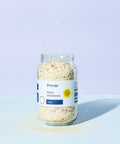
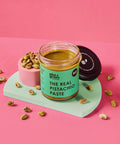
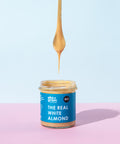
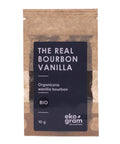


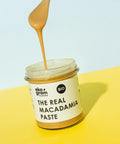



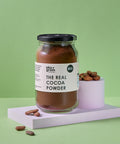



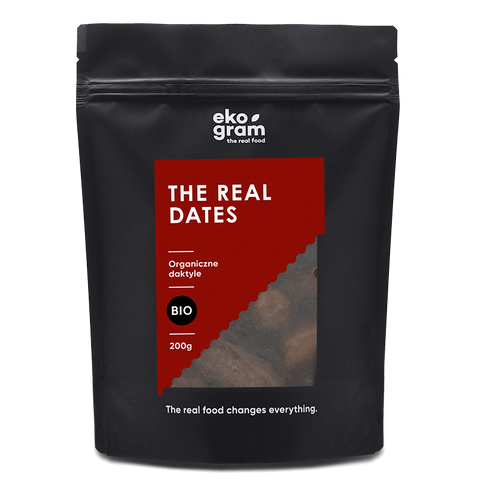
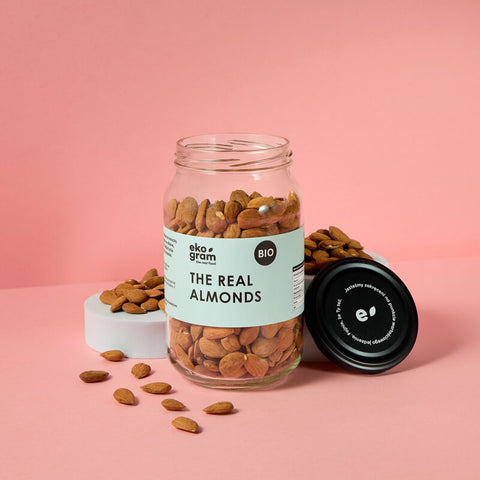


Comments (0)
There are no comments for this article. Be the first one to leave a message!